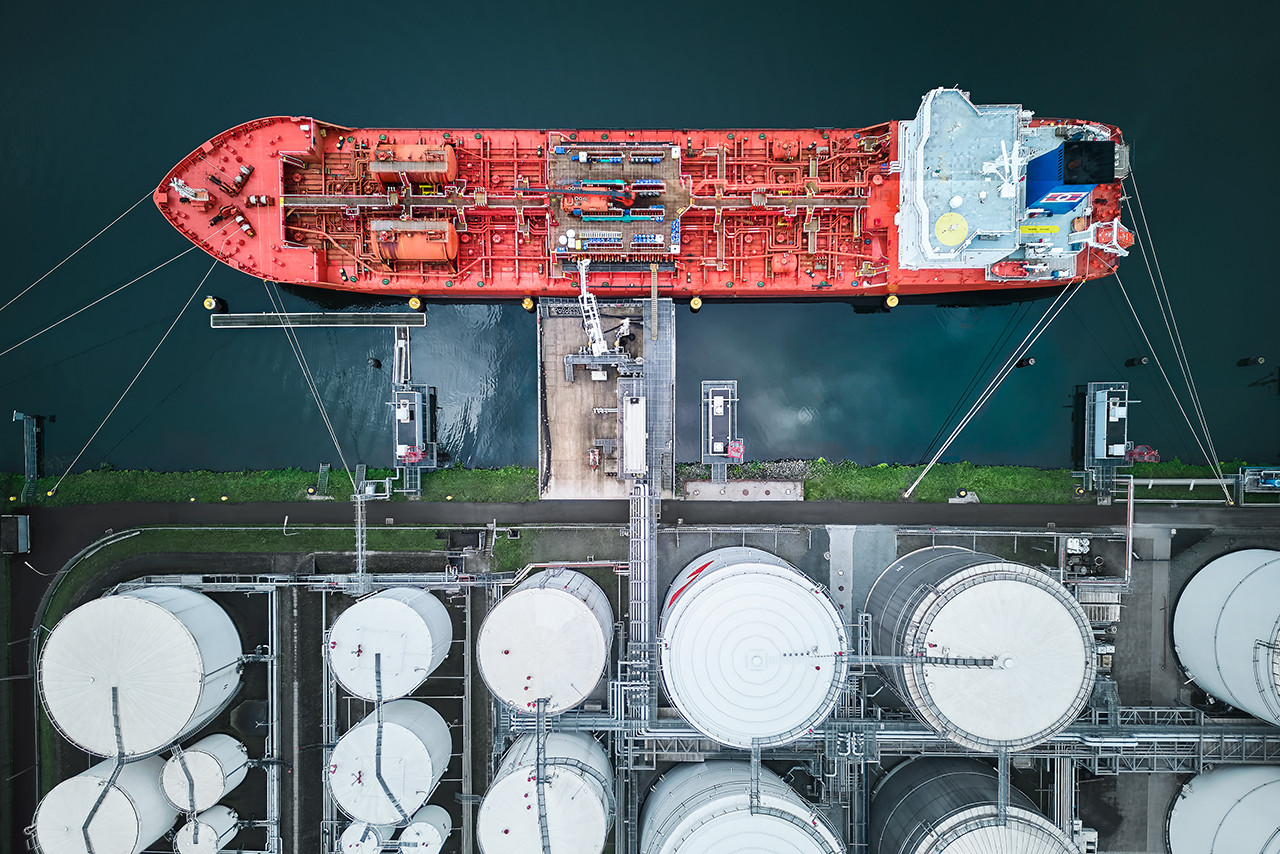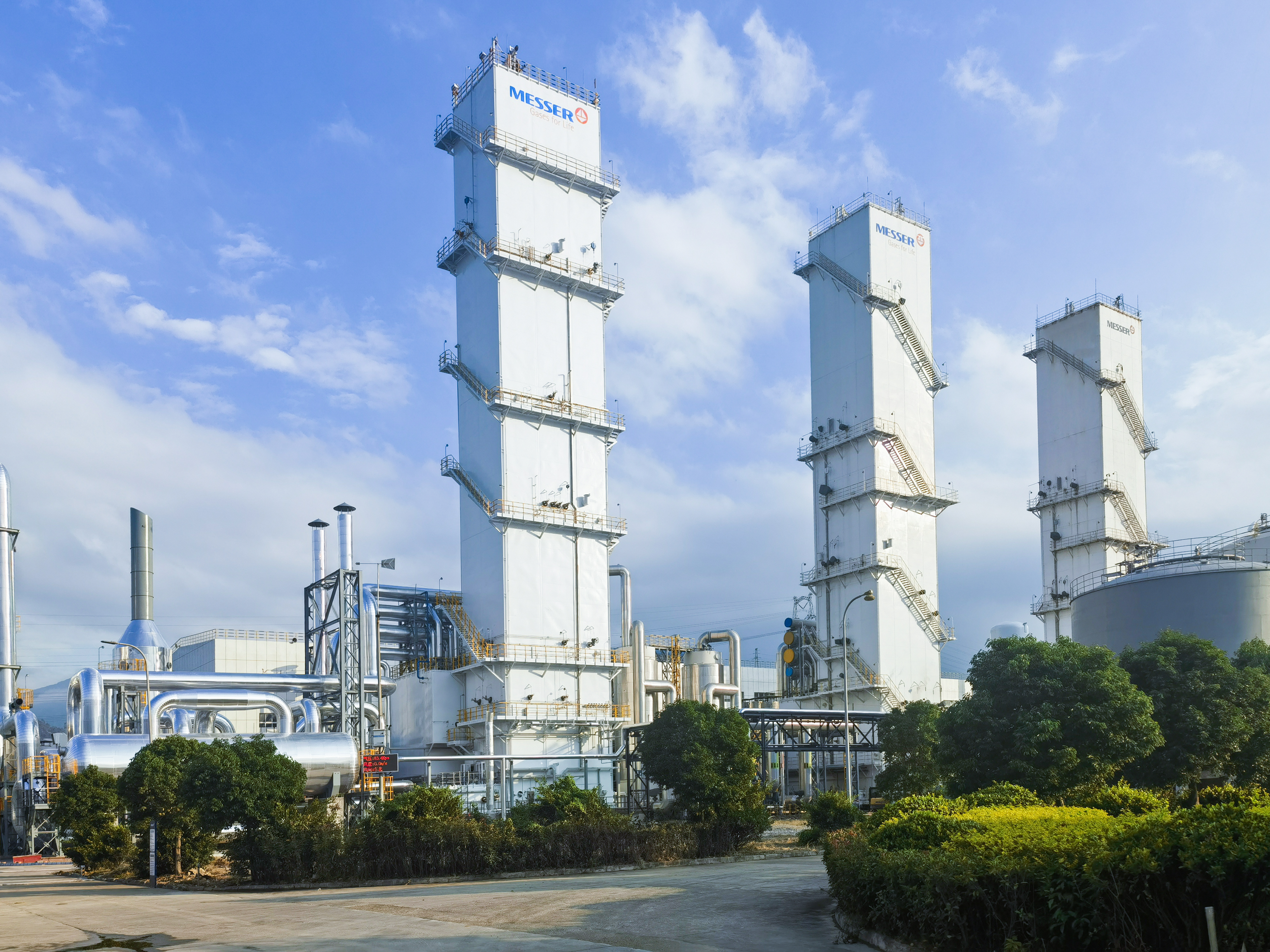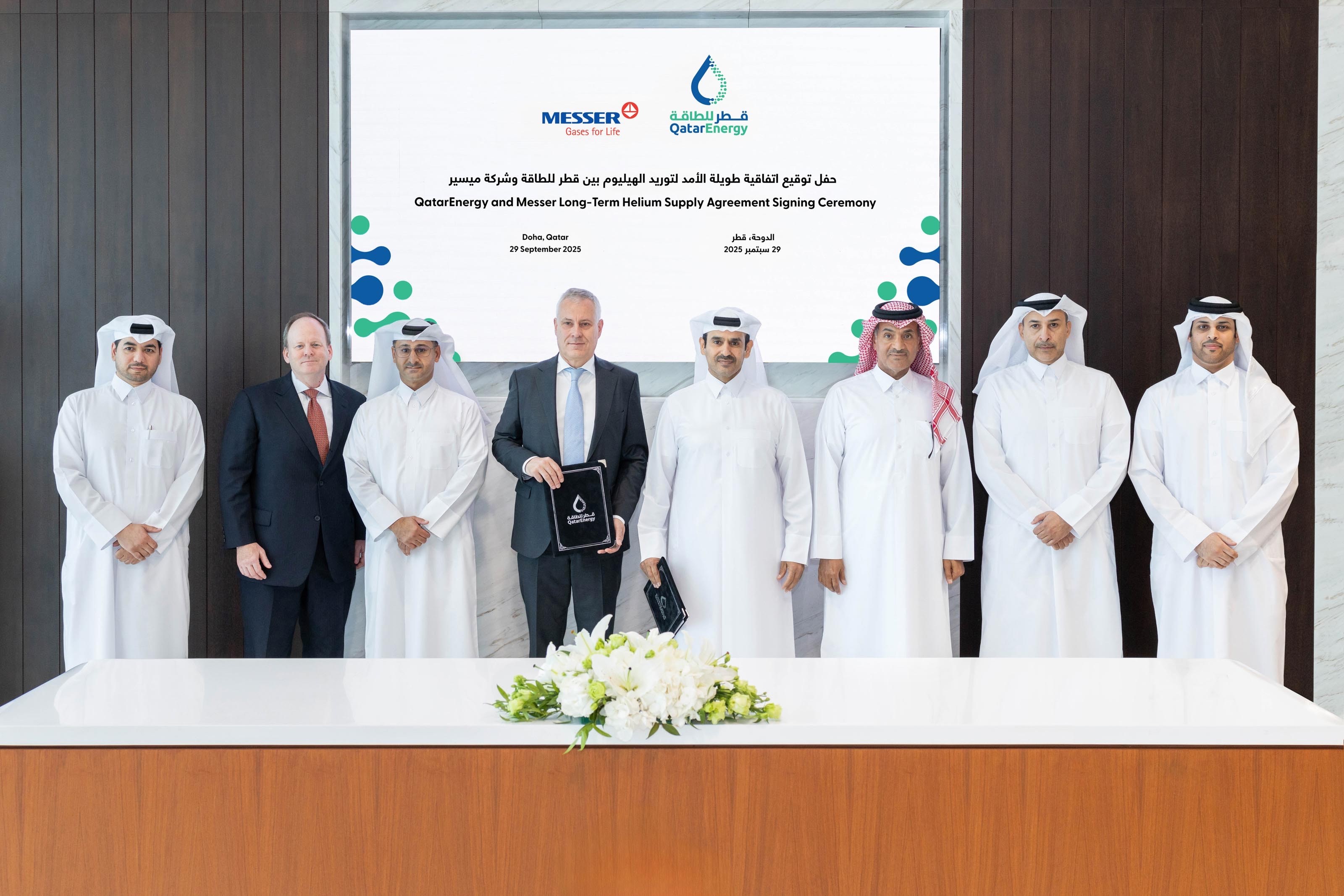Messer successfully completes pre-FEED study for Ambrian Energy's CO₂ terminal in the port of Bremen
2025-05-12

Ambrian Energy has assigned industrial gas specialist Messer with a pre-FEED study for the construction of a CO₂ terminal in the port of Bremen. The aim of the study was to investigate the technical and economic feasibility of a facility for the delivery, storage and shipping of liquefied CO₂. The planned infrastructure should make a decisive contribution to the implementation of Carbon Capture & Storage (CCS) in Germany.
Project scope and location advantages
The CO₂ terminal is to be built on an unused area of around 12 hectares on the Ambrian Energy site. The location offers ideal logistical conditions: An existing rail connection enables CO₂ to be transported by train, while a port jetty for ships with a capacity of up to 40,000 tons ensures onward transport to geological CO₂ storage facilities in the North Sea. The planned terminal capacity is initially two million tons of CO₂ per year.
The scope of the pre-FEED study included the feasibility of constructing a specialized tank farm for liquefied CO₂, which will have an integrated quality assurance system and a gas recovery facility. In addition, a modern unloading facility for CO₂ transport by train is to be built to ensure efficient delivery of the liquefied CO₂. Another key element is the ship loading facility, which will enable the safe and loss-free transportation of the CO₂ to geological sinks in the North Sea.
Strategic partnership for sustainable CO₂ logistics
Messer, the world's leading privately owned specialist for industrial, medical and specialty gases, has decades of experience in CO₂ recovery and processing.
Last fall, Messer launched “ZeCarb® ‘, a new offering in the field of ’Carbon Capture as a Service” (CCaaS). “ZeCarb® “ stands for ‘Zero Carbon’ and helps to decarbonize industries with high CO2 emissions. Ambrian Energy, on the other hand, has extensive expertise in the logistics of fuels. Together, the two companies are pursuing the goal of offering customers a complete value chain from CO₂ recovery from industrial emitters to transportation by train and loading onto ships for CO₂ sequestration.
Following the successful completion of the feasibility study, the two companies are planning a strategic partnership to jointly implement the CO₂ terminal. This would create a central infrastructure that supports Germany in achieving its climate targets and contributes to the scaling of the CCS infrastructure.


